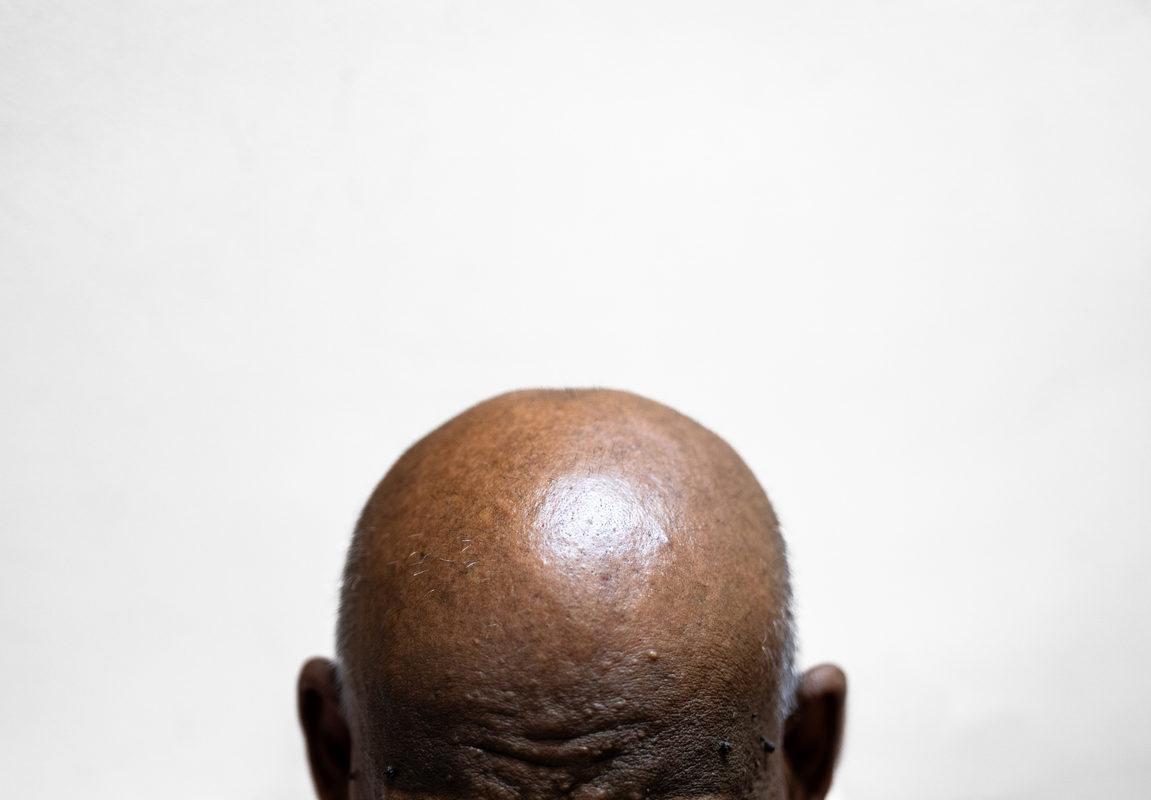Modern treatments for sudden hair loss can help patients reclaim a full head of hair with astonishing results. Unfortunately, balding may be more than a cosmetic issue for some individuals. One question our patients often ask is: does balding ever indicate health complications? Below, we look at some medical conditions that often appear alongside hair growth changes.
Does Balding Ever Indicate Health Complications?
Pattern balding is usually tied to genetics and hormone distribution. It can prove a significant shock, and we understand the frustration it can bring. The silver lining is that it is usually only a cosmetic concern. However, some patients may have a medical condition tied to their hair loss.
Systemic Lupus Erythematosus
Systemic lupus erythematosus (SLE) is an autoimmune disease. This means it causes the immune system to react in abnormal ways. Specifically, SLE (also called lupus) causes the immune system to attack healthy tissues and organs. These effects can affect the entire body, including the scalp. Damaged follicles may stop growing hair or produce hair that looks thinner than usual.
While SLE is chronic, treatments exist to help alleviate symptoms. If you have SLE-related hair loss, you can work with your physician to address this concern.
Thyroid Disorders
Hypo and hyperthyroidism can both cause issues with hair growth. The thyroid gland is part of the endocrine system. It releases a variety of hormones into the body, influencing factors like growth, heart rate, mood, and more. When the thyroid produces hormones at abnormal levels, it may affect hair growth.
Working with a specialist can help mitigate many of the effects of thyroid disorders. Treatments can center around influencing the thyroid’s hormone production, either encouraging or inhibiting it.
Nutritional Deficiencies
In years past, pirates and sailors roamed the seas but, after extended periods, would fall prey to a strange disease that left their gums bleeding, their bodies fatigued, and their hair thin. They called this scurvy. We now know this is the simple result of vitamin C deficiency.
A variety of nutritional deficiencies, including a lack of vitamins, minerals, and proteins, can cause balding. Iron, zinc, and biotin deficiencies tend to be the more common nutritional deficiencies. A balanced diet should protect you from any given deficiency. However, some patients may have restrictive diets for medical reasons. Additionally, women with heavy menstrual bleeding can have certain mineral deficiencies due to blood loss.
If you have dietary restrictions, we recommend working with a nutrition coach to ensure dietary balance. In addition to hair loss, nutrient deficiencies can impact mental health, mood, energy, organ function, and more.
Syphilis
If you need another reason to protect against STIs, here it is. Certain types of hair loss can be traced to syphilis. While modern medicine can cure this infection, untreated syphilis may spell bad news for your hair and overall health. Always adhere to safe sex practices and keep an eye out for the early signs.
Sex-Hormone Imbalance
Changes or imbalances in hormones can happen for many reasons. One common reason is due to medication. If you notice hair loss, we recommend evaluating your medicine intake to check for suspects.
Additionally, stress can influence your hormone balance. Increased periods of stress may cause fluctuations in testosterone and estrogen. Many patients may report hair growth changes, along with other symptoms.
Scalp Fungal Infection
Tinea capitis is a fungal infection of the scalp that can cause patchy hair loss. Fungi can live across the body, from your toenails to the tip of your head. When in balance with your body, they cause no issues. But sometimes, their presence can turn into an infection.
Signs of a fungal infection include hair that breaks off at the scalp surface. Additionally, the scalp skin itself can turn flaky or scaly in appearance. If your child is experiencing hair loss, this could be a likely culprit.
Alopecia Areata
Another autoimmune disease, alopecia areata, can cause small patches of hair loss. While the cause remains unknown, we do know it presents more commonly in patients with other autoimmune diseases. While a challenge to treat, most autoimmune conditions do respond to medical interventions. Though they cannot be cured, patients can experience symptom reduction and improved comfort.
Fight Against Balding Today
Hair loss is no longer the endgame that it once was. By visiting a local hair restoration center, you can regain a youthful and full head of hair.






 Schedule your Consultation Today
Schedule your Consultation Today